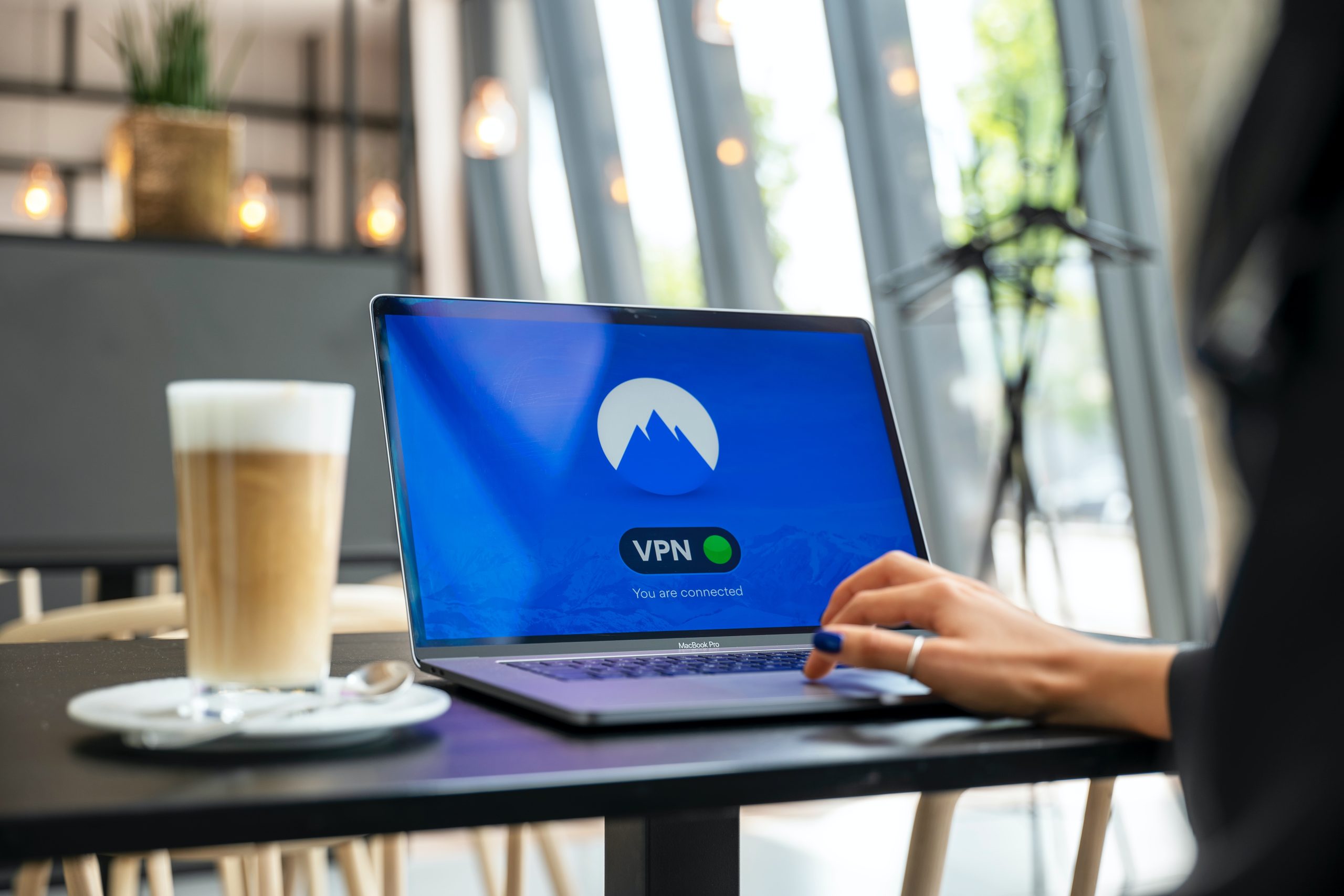
How to Protect Yourself from Internet Fraud
The internet has made it easier for us to connect with people, shop, and access information, but it has also made it easier for scammers and fraudsters to take advantage of unsuspecting individuals.
A few of our in-house experts have shared their tips below on how to help protect yourself from internet fraud:
Use strong, unique passwords: It’s important to use strong passwords that are difficult for others to guess. Avoid using common words or personal information, such as your name or address. Instead, use a combination of upper and lower case letters, numbers, and special characters. It’s also a good idea to use different passwords for different accounts.
Be cautious of emails and messages from unknown senders: Don’t click on links or download attachments from emails or messages that you weren’t expecting, or from people you don’t know. Scammers often use these tactics to try and steal personal information or infect your device with malware.
Use secure websites: When shopping or entering personal information online, make sure you’re using a secure website. Look for the “https” in the URL, as well as a padlock icon, to ensure that the website is secure.
Keep your software and devices updated: Regularly update your operating system, web browser, and other software to ensure that you have the latest security features and patches. This can help protect you from vulnerabilities that scammers may try to exploit.
Use a virtual private network (VPN): A VPN encrypts your internet connection and hides your IP address, making it more difficult for others to track your online activity and steal your personal information.
Be wary of unfamiliar phone calls: Scammers often use phone calls to try and trick people into giving them personal information or money. If you receive a call from an unfamiliar number, don’t give out any personal information, and hang up if you feel uncomfortable.
Use two-factor authentication: Many online accounts offer two-factor authentication, which requires you to enter a code in addition to your password when logging in. This adds an extra layer of security and makes it more difficult for scammers to access your account.
Be careful what you post online: Be mindful of the information you share online, as scammers can use it to impersonate you or steal your identity. Avoid posting personal details such as your address, phone number, and date of birth on social media or other public websites.
Use a credit card for online purchases: Credit cards offer more protection than debit cards in the event of fraud. If your credit card information is stolen and used for unauthorized purchases, you can dispute the charges with your credit card company.
If you keep these tips in mind, you can help protect yourself from internet fraud and keep your personal information safe online. It’s always better to be cautious and take the necessary precautions to protect yourself, rather than falling victim to a scam.





